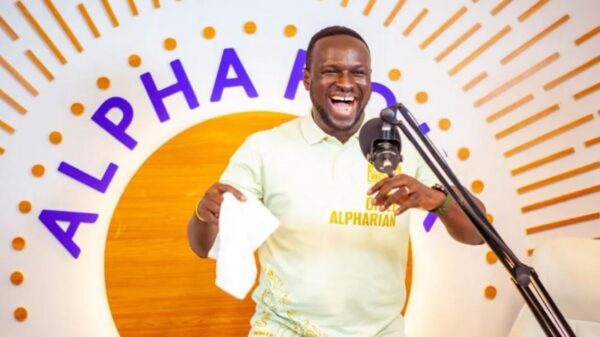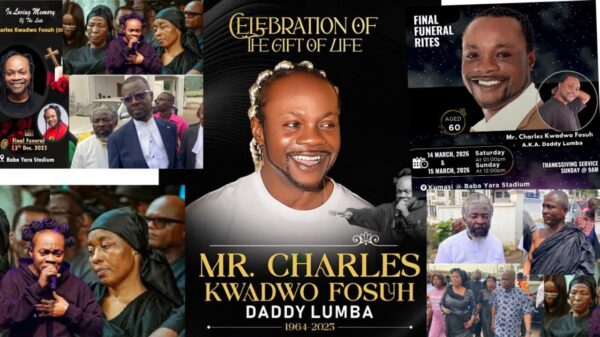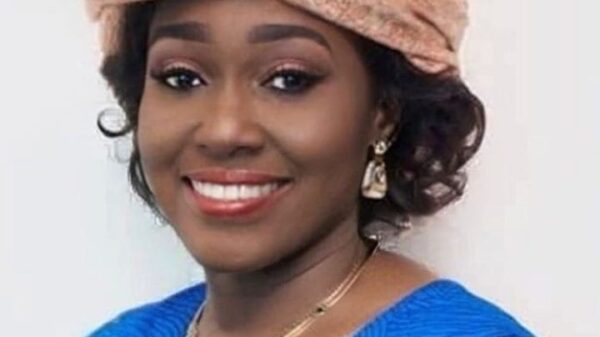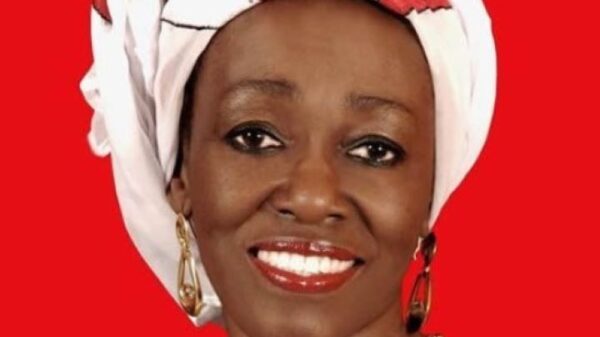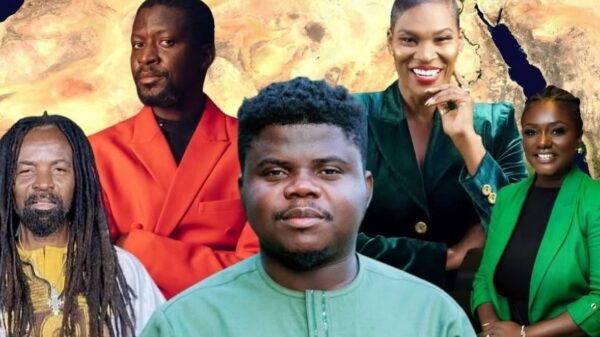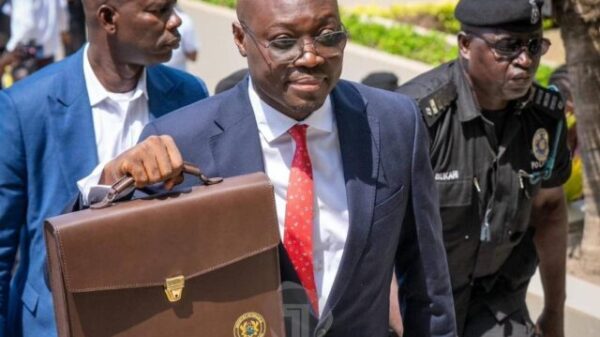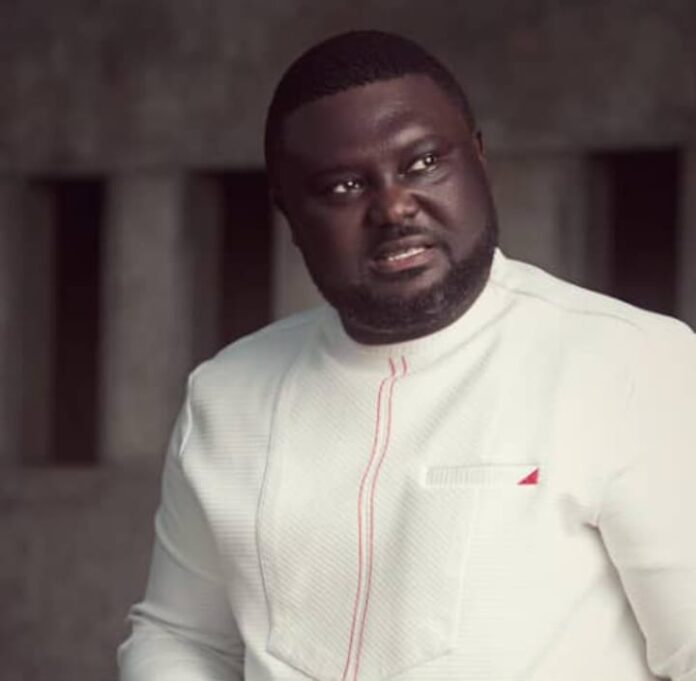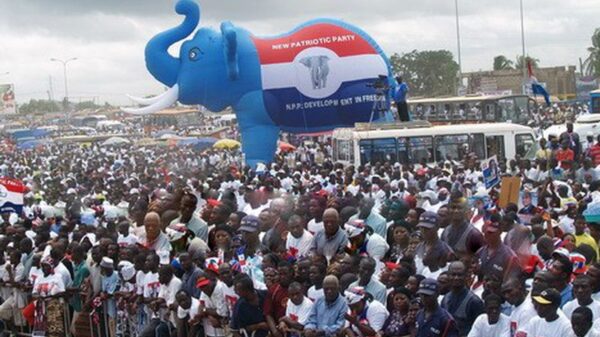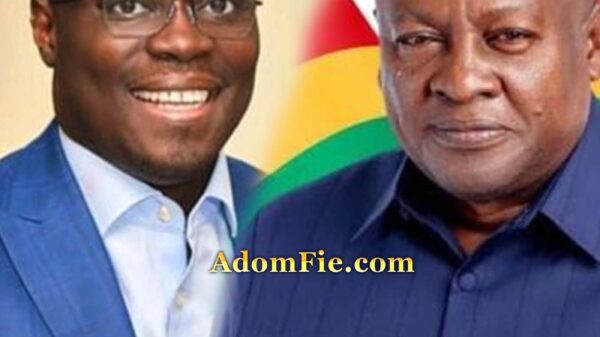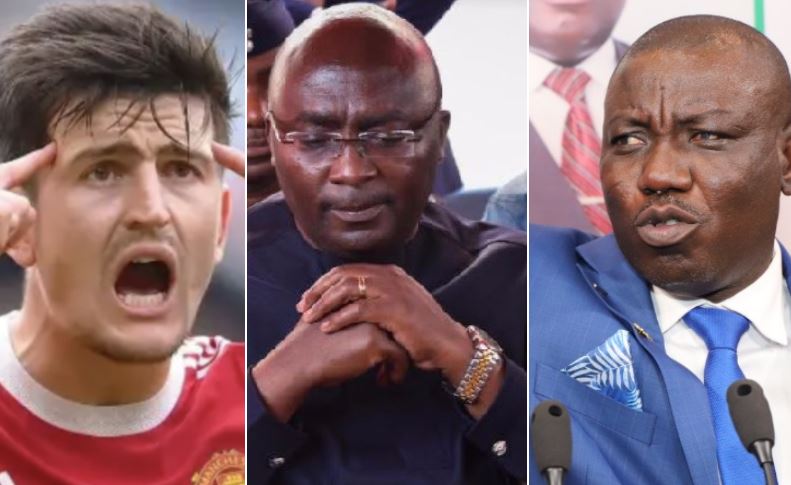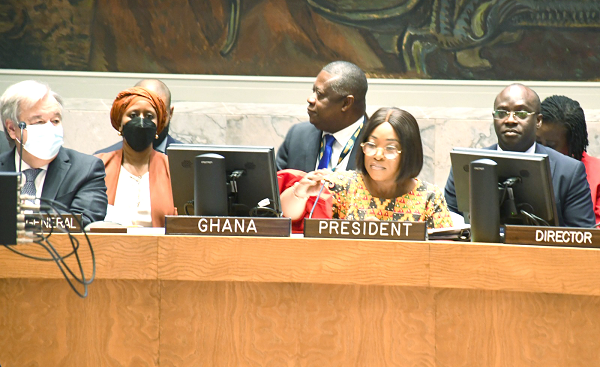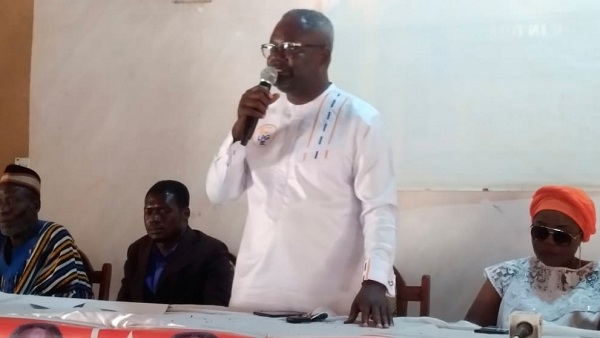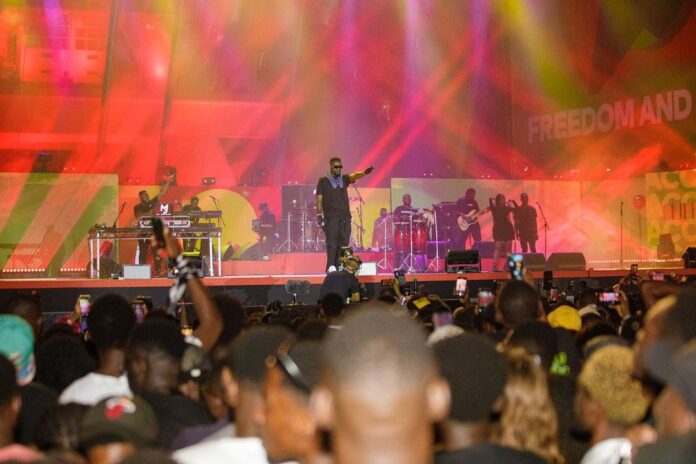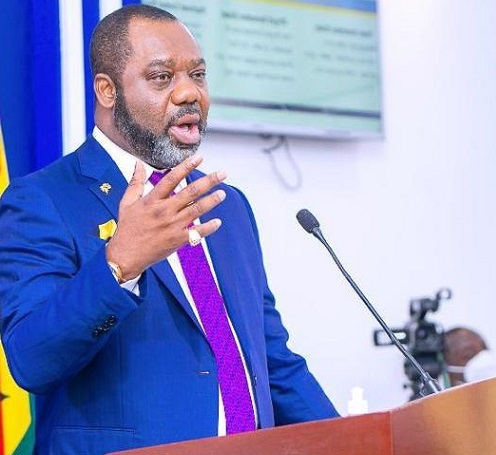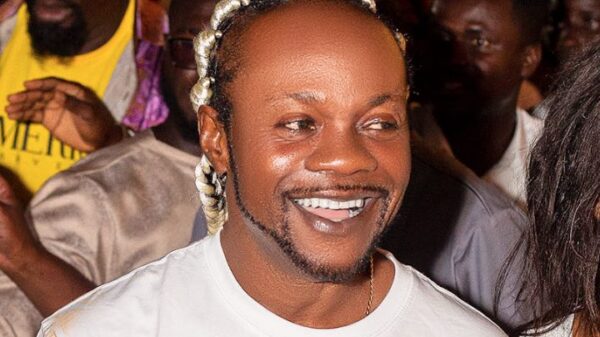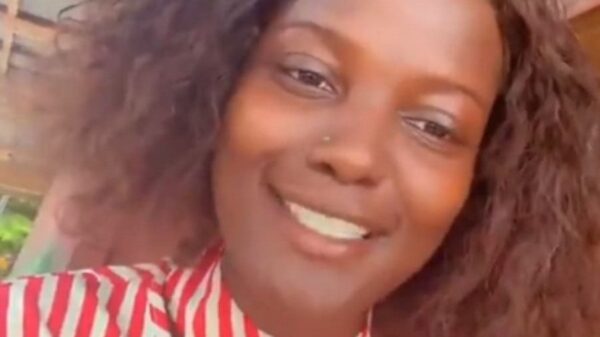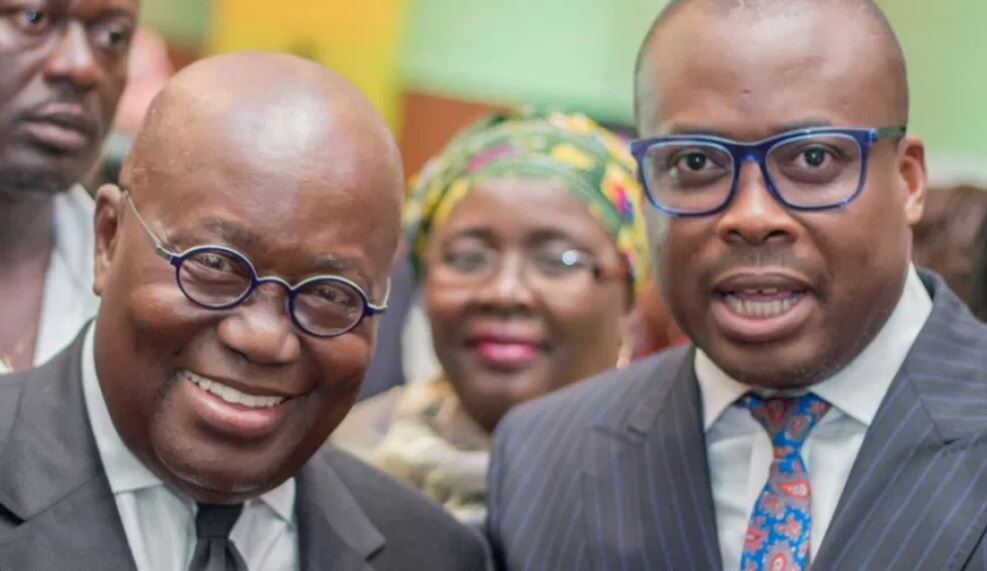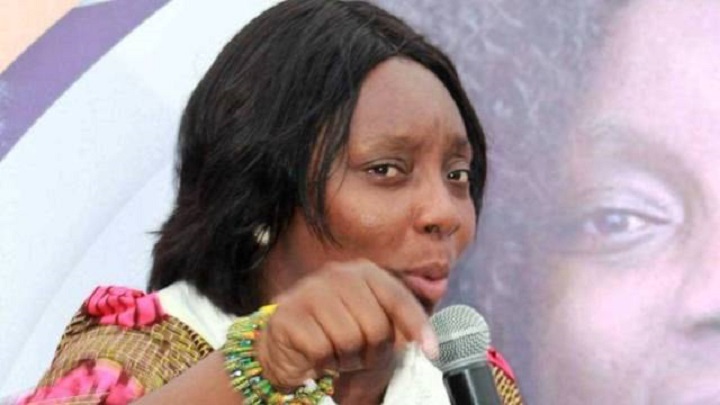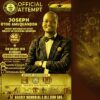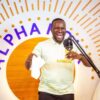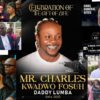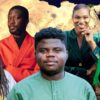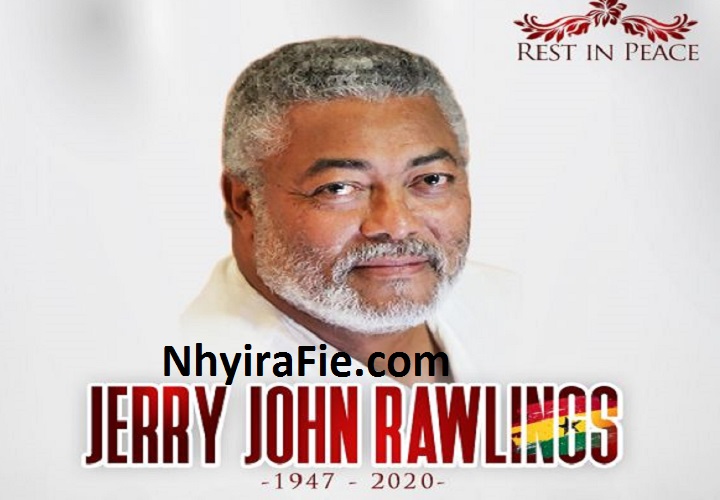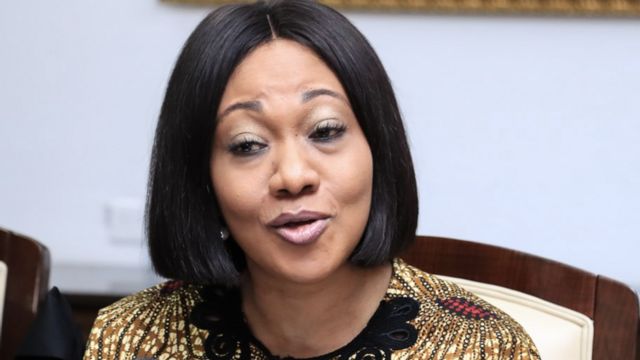ACCRA: Daddy Lumba is dead but his timeless voice that shaped Ghanaian Highlife is forever.
From dusty village stages in Nsuta to royal performances for dignitaries across the world, Charles Kwadwo Fosuh—known by millions as Daddy Lumba—was more than a musician. He was a storyteller, cultural icon, and voice of a generation.
According to GhanaSky.com analyst, with over 33 albums spanning romance, rebellion, and reflection, Lumba’s legendary journey transcended music, embedding itself in the Ghanaian identity.
His death in July 2025 marks the end of an era, but his melodies continue to echo through the soul of West Africa.
Daddy Lumba’s Early Life & Family
Daddy Lumba’s Birth name: Charles Kwadwo Fosuh, born 29 September 1964 in Nsuta, Sekyere Central District, Ashanti Region, Ghana.
Daddy Lumba’s Father: Owoahene Kwadwo Fosuh, a teacher—died when Lumba was young.
Daddy Lumba’s Mother: Comfort Gyamfi (known as Ama Saah), also a teacher; she passed away in 2001 in Kumasi.
He was raised partly in Nsuta/Mampong and is widely considered an only child, though sources mention a half‑brother, Nana Acheampong (Ernest).
Daddy Lumba’s Education & Musical Beginnings
Attended Juaben Senior High School (1983–1985), where he served as choir leader and formed the first Lumba Brothers group with schoolmates Yaw, Kwabena and his girlfriend Theresa Abebrese.
After secondary school, he traveled to Germany, aided by Theresa, where he met Nana Acheampong who introduced him to highlife music, shifting from gospel roots.
Daddy Lumba’s Personal Life & Children
First married Theresa Abebrese in Germany around 1989; they reportedly had four children before divorcing circa 1999.
Later married Akosua Serwaa, who produced much of his early work; together they have nine children. Altogether, Daddy Lumba is said to father 13 children (seven sons, six daughters), including children in Ghana and Germany.
Daddy Lumba’s Music Career & Major Works
Began his career in the late 1980s: debut album Yɛɛyɛ Aka Akwantuo Mu (1989), co-founded with Nana Acheampong as the Lumba Brothers.
As a solo artist, he released over 33 albums including Obi Ate Meso Bo (1990), Sika Asem (1991), Playboy (1992), Biribi Gyegye Wo (1992), Aben Wo Ha (1998), Woho Kyere (1999), Tokrom (2006), Awoso (2014) and Enko Den (2016).
His music style blends traditional highlife with modern instrumentation; known for both romantic ballads and more provocative, socially reflective songs.
Daddy Lumba’s Hit Songs & Impact of His Music
“Aben Wo Ha” (1998): controversial due to suggestive lyrics but wildly popular, winning Song of the Year at Ghana Music Awards in 2000.
“Yentie Obiaa” (from Awoso album, 2014): phrase meaning “we won’t listen to anyone,” became iconic when played publicly during political and cultural events.
“Mpempem Do Me“: fan-favourite, performed famously for Prince Charles and Camilla in 2018; in March 2025 included on King Charles III’s playlist for Commonwealth Day.
Other classics: Theresa, Sika Asem, Tokrom, Obi Ate Me So Buo, Ebi se ɛyɛ aduro.
In December 2022 released “Ofon Na Edi Asem Fo”, his first new single since 2017, produced entirely by himself and longtime collaborator Kweku Mensah.
Daddy Lumba’s Recognition & Legacy
Won multiple Ghana Music Awards, including Artist of the Year, Best Album, Most Popular Song (notably in 1999 and early 2000s).
In 2018, awarded Icon/Legend of Entertainment at EMY Awards
Credited with mentoring and launching the career of several Ghanaian musicians, including Ofori Amponsah (notably through the Woho Kyere album in 1999).
In September 2022, launched his own radio station DLFM 106.9 MHz broadcasting in Akan (Twi) in Accra.
Daddy Lumba’s Death & Cause
On Saturday, 26 July 2025, Daddy Lumba passed away at the age of 60 (some reports cite 61) after a short illness, at the Bank Hospital in Accra, in the early hours of that day.
The Fosu family released an official statement mourning his death and requested privacy, saying funeral arrangements will be announced later.
Daddy Lumba’s Life Story Summary Timeline
| Year / Age | Milestone |
|---|---|
| 1964 | Born 29 Sep in Nsuta, Ghana |
| 1983–85 | Led choir at Juaben SHS; formed Lumba Brothers group |
| 1989 | Debut album Yɛɛyɛ Aka Akwantuo Mu, launched solo career |
| 1990s | Series of hit albums: Obi Ate Meso Bo, Sika Asem, Playboy, Aben Wo Ha, Woho Kyere |
| 1999–2003 | Multi‑award wins at Ghana Music Awards |
| 2000s–2010s | Released Tokrom, Awoso, Enko Den, and Yentie Obiaa single |
| 2018 | ICON award at EMY Awards; performed for Prince Charles |
| 2022 | Launched DLFM radio station; released Ofon Na Edi Asem Fo |
| 26 Jul 2025 | Passed away in Accra after short illness |
Finally, AdomFie.com Editor on the view that, Daddy Lumba’s profound influence on the highlife genre and Ghanaian music culture is undeniable.
His melodic storytelling, versatility between spiritual and secular themes, and enduring hits have cemented him as a cultural icon whose legacy will resonate for generations.






